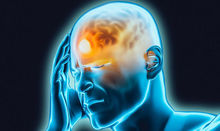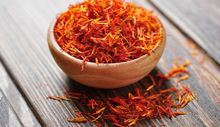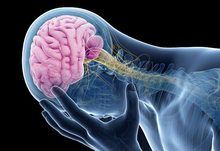Can increasing fruit and vegetables be an effective treatment for depression?

Can increasing fruit and vegetables be an effective treatment for depression? Fruit and vegetables provide us with many essential vitamins and minerals. They are also high in fibre, provide our body with free-radical fighting antioxidants, and have anti-inflammatory effects. Fruit and vegetables also have important effects on our gut health by increasing the diversity of […]
Continue reading








